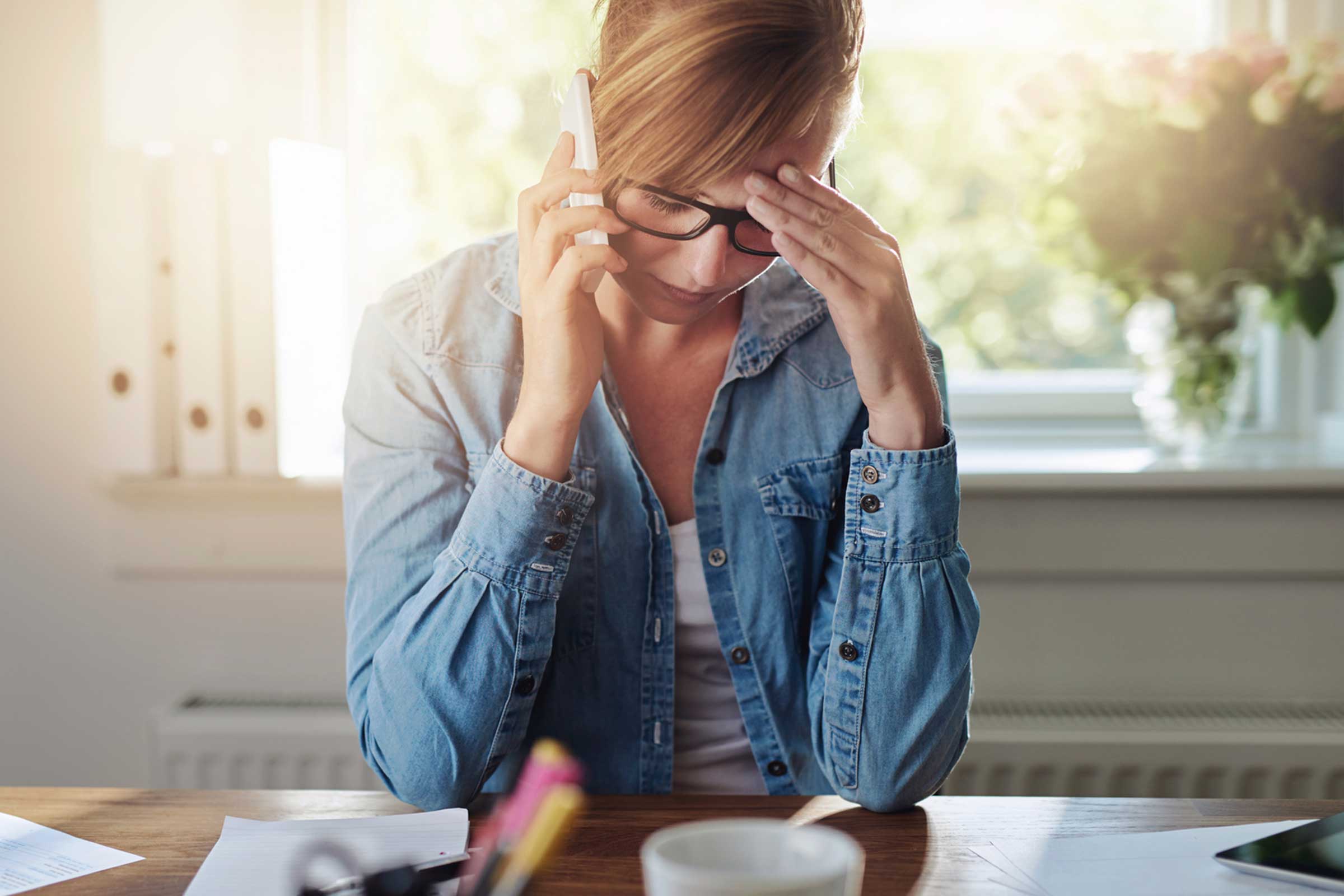
Anxiety is not always destructive. It can become a positive motivation that results in a boost of energy when experienced at the right time, for example just before deadline or an important test. Having said that, when anxiety happens continuously and the negativity is weighing you down, it’s a different case. This kind of anxiety can consume you and affect your behavior in everyday life.
To prevent excessive anxiety, we suggest to avoid these five things:
- Worrying the small stuffs
Donna Pincus, PhD, an associate professor from the Department of Psychological & Brain Science from Boston University said, "Rumination is a cognitive pattern of repeatedly thinking about a situation rather than taking action to resolve it." Overanalysing every single problem in life is a sign of an anxiety disorder. "Rumination can lead to negative mood states such as depression and anxiety," Pincus said.
Instead of overanalysing everything, it is better to ask yourself what you can do to solve the problem. List the possible solutions and start doing them. Be ready to face roadblocks and unpredictability that might come your way. Thea Gallagher, PhD from the Centre for The Treatment and Study of Anxiety in Perelman School of Medicine University of Pennsylvania also stated that living in unpredictability is a great skill. It can help you to stop wasting time on things you cannot control. - Obsessively checking e-mail
Balancing work and personal life is always a challenge. This issue becomes more prominent with the use of smartphone, which gives the illusion that you are tied to your job 24/7. Gallagher suggested to ask yourself the reason why you feel the compulsion to check work e-mail on the phone. Are you waiting for an important document, or is it a fear of missing out?
When your answer is the second one, try to put aside your phone. Limit your screen time and use those precious minutes to do something more positive. - Constantly on social media
"Social media can be a habit," Gallagher said. This habit can deter you from personal time, which is necessary to maintain the feeling of calmness. Constantly checking social media is unproductive and is a trigger to over-anxiety. - Skipping exercises
"Enough sleep, exercise, and healthy food are not only good for your body in a physical sense, but also for your mental health," Pincus stated. Those three elements are essential in improving your quality of life, which in turn can boost your mood and help you to control emotion better. Exercise is also proven to trigger the release serotonin and dopamine, hormones that play a role in preventing anxiety. - Isolation
A solid support system and social time are fundamental in maintaining a good mental health. Spending too much time on your own (isolation) is a threat to people who are prone to over- anxiety. Being too caught up in work, always spending time at home, or distancing yourself from the people you love could be the signs that you have anxiety disorder. Gallagher continued, "People often times live with a constant worry in their head. The more you can avoid that, the better."
Text by Denistya Sagita
Stock photos from istockphoto.com
Source(s):
- http://www.prevention.com/health/5-habits- that-make- your-anxiety- worse
- https://www.helpguide.org/articles/anxiety/how-to- stop-worrying.htm